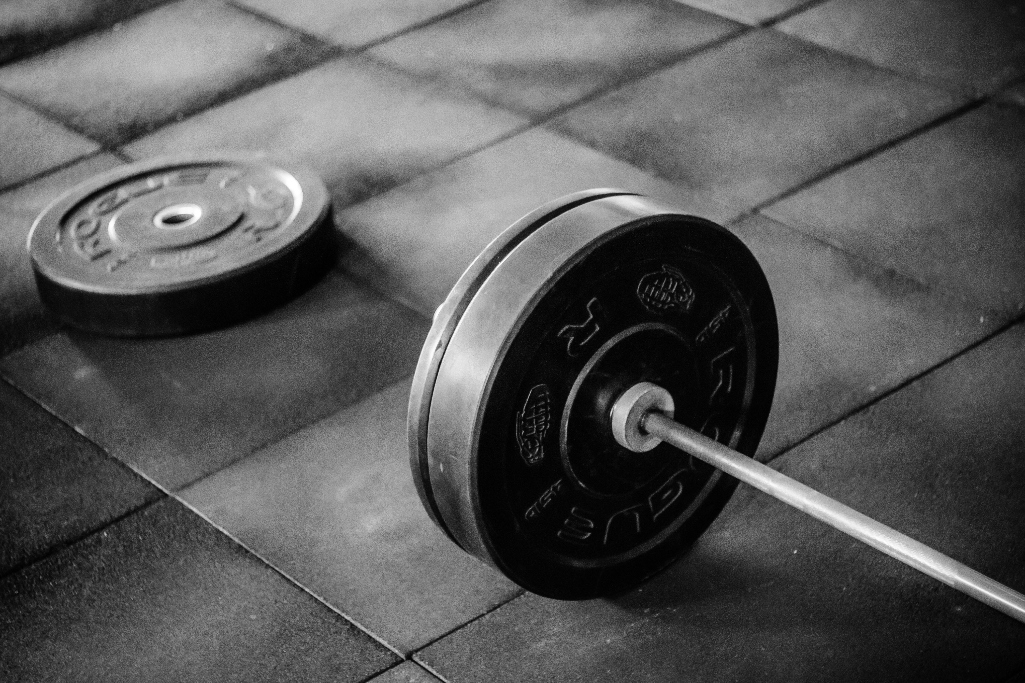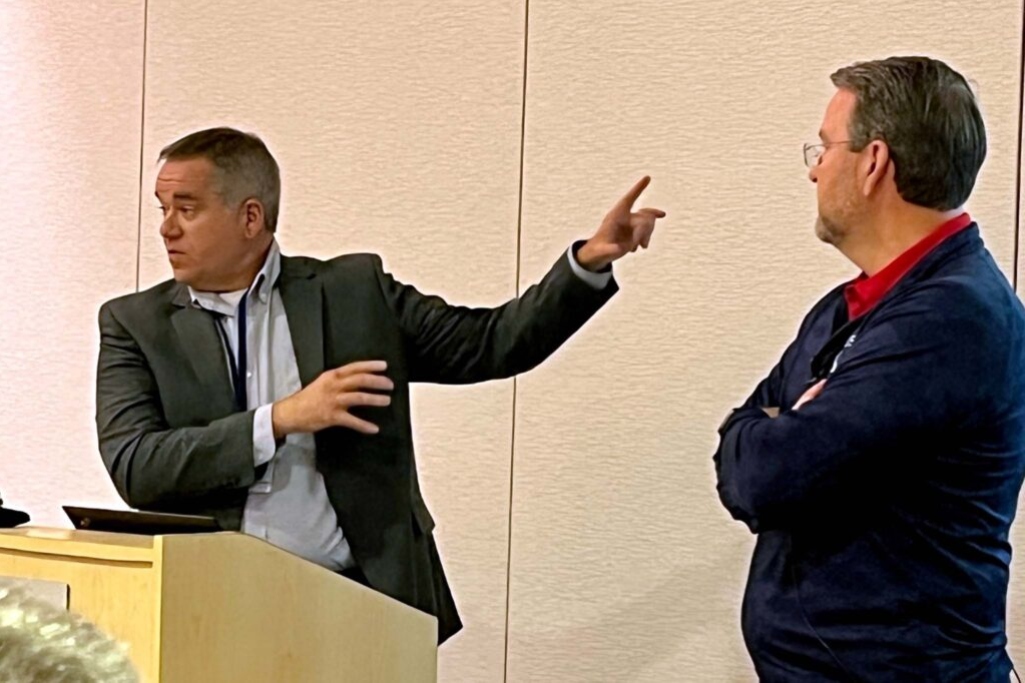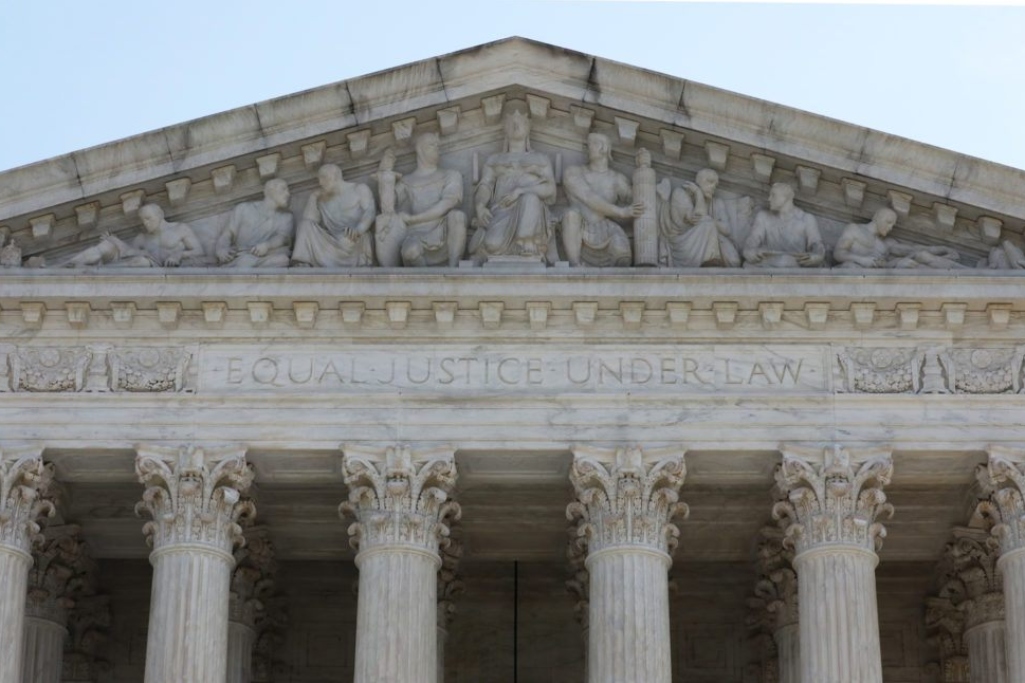
ST. PAUL, Minn. (BP) — USA Powerlifting (USAPL) said it is committed to defending its gender participation policy after the Minnesota Supreme Court ruled USAPL discriminated against a biological male it blocked from competing against women.
In a split decision, the court said Oct. 22 that although USA Powerlifting violated the Minnesota Human Rights Act (MHRA) in denying transgender athlete JayCee Cooper the right to powerlift in the female category, the court ordered a lower court to reconsider whether USA Powerlifting can continue its participation policy as a “legitimate business purpose defense,” an exemption the Minnesota Legislature allows under MHRA.
“We affirm the court of appeals (discrimination ruling) and hold that the Legislature’s inclusion of the legitimate business purpose defense in the MHRA – and the reasons USA Powerlifting offers for its policy – give rise to a genuine dispute of material fact as to whether USA Powerlifting’s goal of ensuring fair competition satisfies that defense,” the court wrote. “Thus, the district court erred in granting partial summary judgment for Cooper on the claim for discrimination in business.”
But the Southern Baptist Ethics & Religious Liberty Commission (ERLC) said the court’s discrimination finding is flawed, because athletes like Cooper remain biological males with an unfair physical advantage over women in powerlifting.
“This is yet another case where legislatures have passed laws that do not respect biological truths, and courts have issued rulings that bolster those fictions, perpetuating insanity rather than helping the citizens of their states embrace reality,” Miles Mullin, ERLC executive vice president and chief of staff, told Baptist Press. “In this case, as in so many others, women are the victims.
“Forcing women to compete against biological males is unfair and violates every tenet of the decades-long effort to support women’s sports. More than that, forcing them to share private spaces such as locker rooms with biological males is unsafe.”
Mullin noted positively the MHRA’s exception that will give USAPL another chance to prove its case in court, but said the court’s ruling still evades the foundational issue.
“Men are men, and women are women. They are equal in their personhood, but different in their bodies,” Mullin said. “This is part of God’s good design for humanity, as well as a demonstrable biological fact. Our laws — whether state or national — should reflect this.”
The case centers on USA Powerlifting’s decision in 2018 to deny Cooper, a biological male, entry into the female powerlifting competition. Cooper sued in 2021 and won in the trial court, claiming discrimination based on gender and disputing USAPL’s defense of fairness in business. USAPL appealed.
“Our goal since litigation commenced against USA Powerlifting in 2021 was to present all the facts and evidence of our actions to a jury,” the organization said in a statement to OutKick.com. “We are pleased that both of Minnesota’s state appellate courts agree we have a right to present a claim of business discrimination to a jury and look forward to offering our evidence toward that end.”
USAPL follows the recommendations of the International Powerlifting Federation Medical Committee, according to its transgender participation policy posted at usapowerlifting.com.
“The International Olympic Committee sports are wide in spectrum. Take sports such as curling, equestrian, shooting and archery, these sports are more sport of skill, whereas powerlifting is a sport of strength,” USAPL’s policy states. “Men naturally have a larger bone structure, higher bone density, stronger connective tissue and higher muscle density than women. These traits, even with reduced levels of testosterone do not go away. While (transitioners) may be weaker and (have) less muscle than (before), the biological benefits given them at birth still remain over (those) of a female.”
Transgender sports participation remains a fluid and evolving question. The U.S. Supreme Court will consider the issue in two cases this term, Mullin said, noting Little v. Hecox and West Virginia v. B.P.J.
“Along those lines, Southern Baptists should be praying for two important Supreme Court cases that will be argued together later in this term,” Mullin said. “We should also be praying for biologically female athletes who have been impacted by these absurd policies, laws and court rulings over the last half-decade.
“Furthermore, we should pray for those who are struggling with ‘gender identity,’ remembering that they are victims of a radical gender ideology that convinces individuals that their bodies don’t matter at all, when in fact, their bodies, even in a fallen world, are beautiful gifts given to them by their Creator.”
Currently, 29 states limit sports participation to the athlete’s biological sex, according to the pro-LGBTQ tracking site LGBTQMap.org, although policies are blocked in five states.
(EDITOR’S NOTE — Diana Chandler is Baptist Press’ senior writer.)


